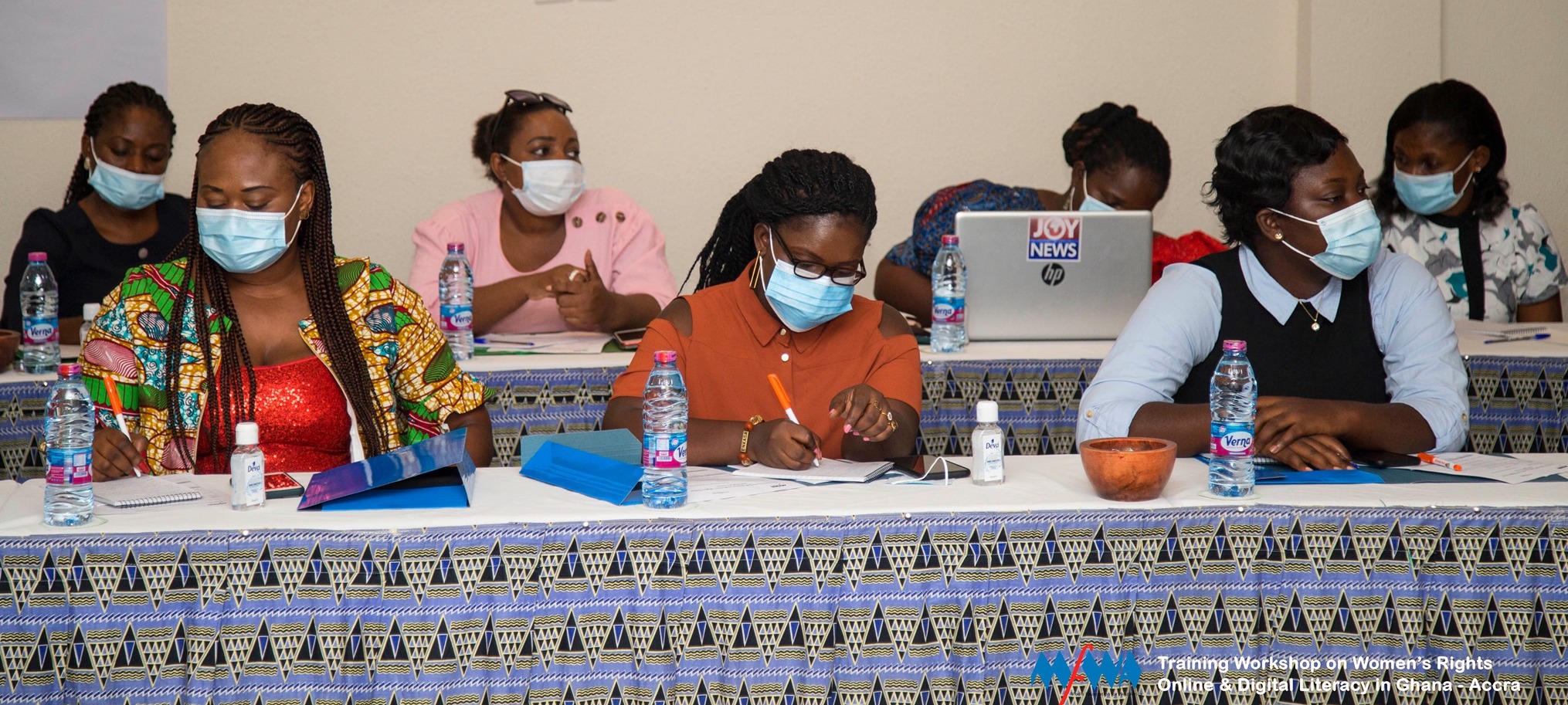
Poor welfare has been identified to be at the heart of challenges faced by female journalists in Nigeria, according to a study by the International Press Centre (IPC) in Nigeria.
The study, which was carried out in collaboration with the Media Foundation for West Africa (MFWA) with financial support from IFEX, also cited intimidation, harassment, including sexual advances, threats, and prejudice as challenges Nigerian female journalists face. Most of the threats are experienced offline, with a few happening online.
The study sampled 20 female journalists who work specifically in print, broadcast (both radio and TV), online/new media, multimedia and media development agency. Fifty per cent of the respondents (40% from radio, and 10% from television) were from broadcast media. Respondents from the print media constitute 25% of the respondents while online/new media comes third with 20%, with 5% from multimedia and other channels.
Worryingly, 55% of the respondents identified poor welfare as the most formidable challenge to their safety. They explain the poor welfare to include non-provision of safe transport, especially for late commuting to home and early morning shifts in the office, gender-based discrimination as well as lack of job security. Fifty percent pointed to sexual harassment; while lack of institutional support was 35% and job security 30%. Interestingly, only 2% had experienced cyberbullying.
Other safety challenges enumerated were in connection with covering elections in volatile parts of the country; hateful feedback; threats, police brutality, bullying and frequent sexual harassment from superiors. The respondents also reported suffering patronising and condescending attitude and subtle threats from the public and superiors; and being pushed and shoved away while trying to get an interview.
Besides the threat of physical harm, female journalists are subjected to sexist treatment. A respondent stated that “people keep reminding me that I am a woman (as if I don’t know), and that, as a wife and mother, I should be minding my home instead of jumping on issues I cannot resolve, or get solutions to.”
The study also revealed that some public information holders try to trade information for sexual favours. According to one respondent, she has had to deal with “Officers and others who believe that my body should be substituted for information. I have been denied accreditation and sometimes access to the organizations by these PROs because I refused to dance to their tune.”
The report recommends employers to pay greater attention to the welfare of their female journalists by establishing newsroom safety measures that can address sexual harassment and intimidation; providing transport, appropriate resting place, fair wages and protection during coverage in volatile environments.
It advocates for the creation of safe reporting platforms for women and forums where rights of women can be discussed and defended. In addition to the forums, the report call for pressure groups for female journalists to be created and, where they already existent, to be reinforced and widely publicised.
Read the full report here
